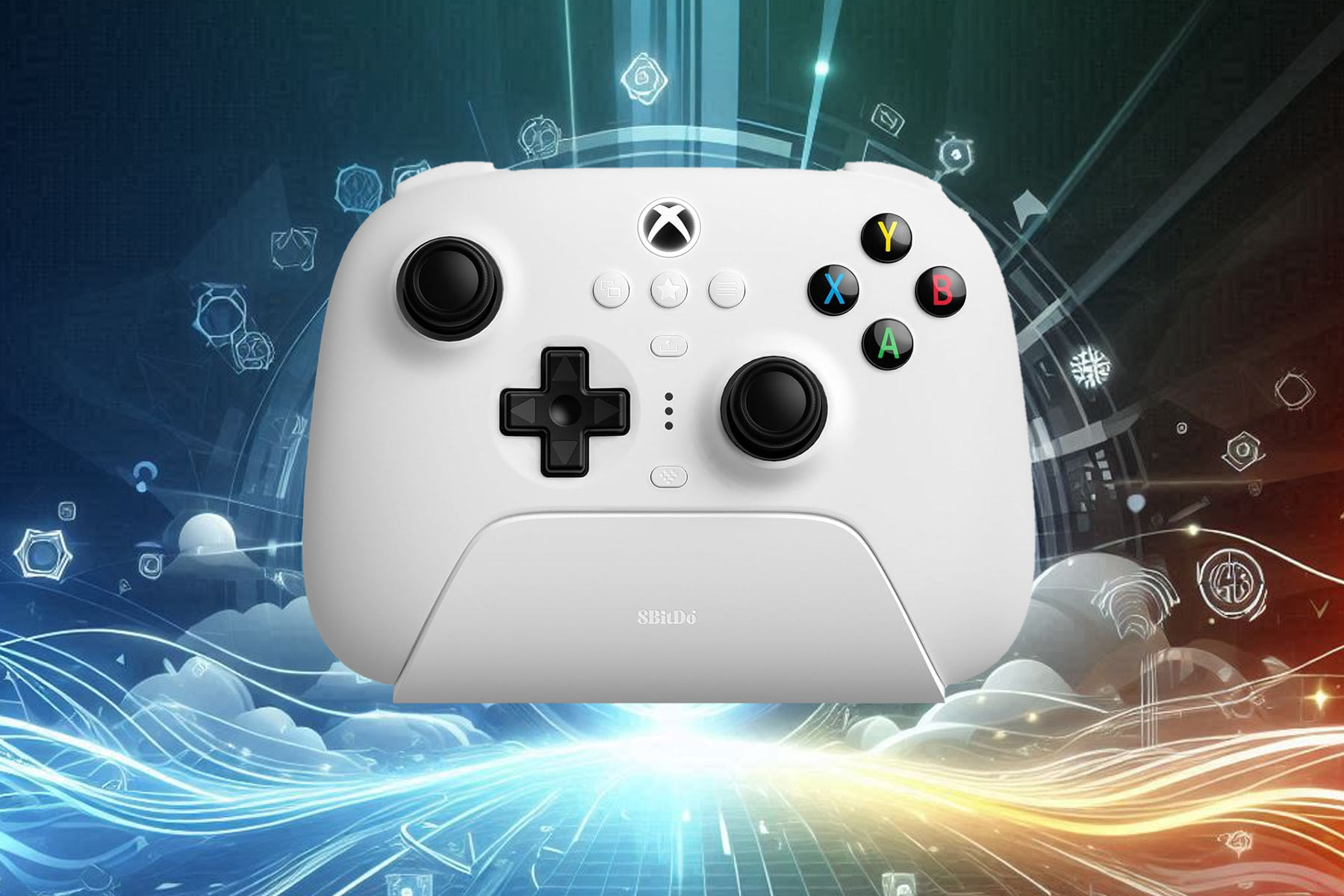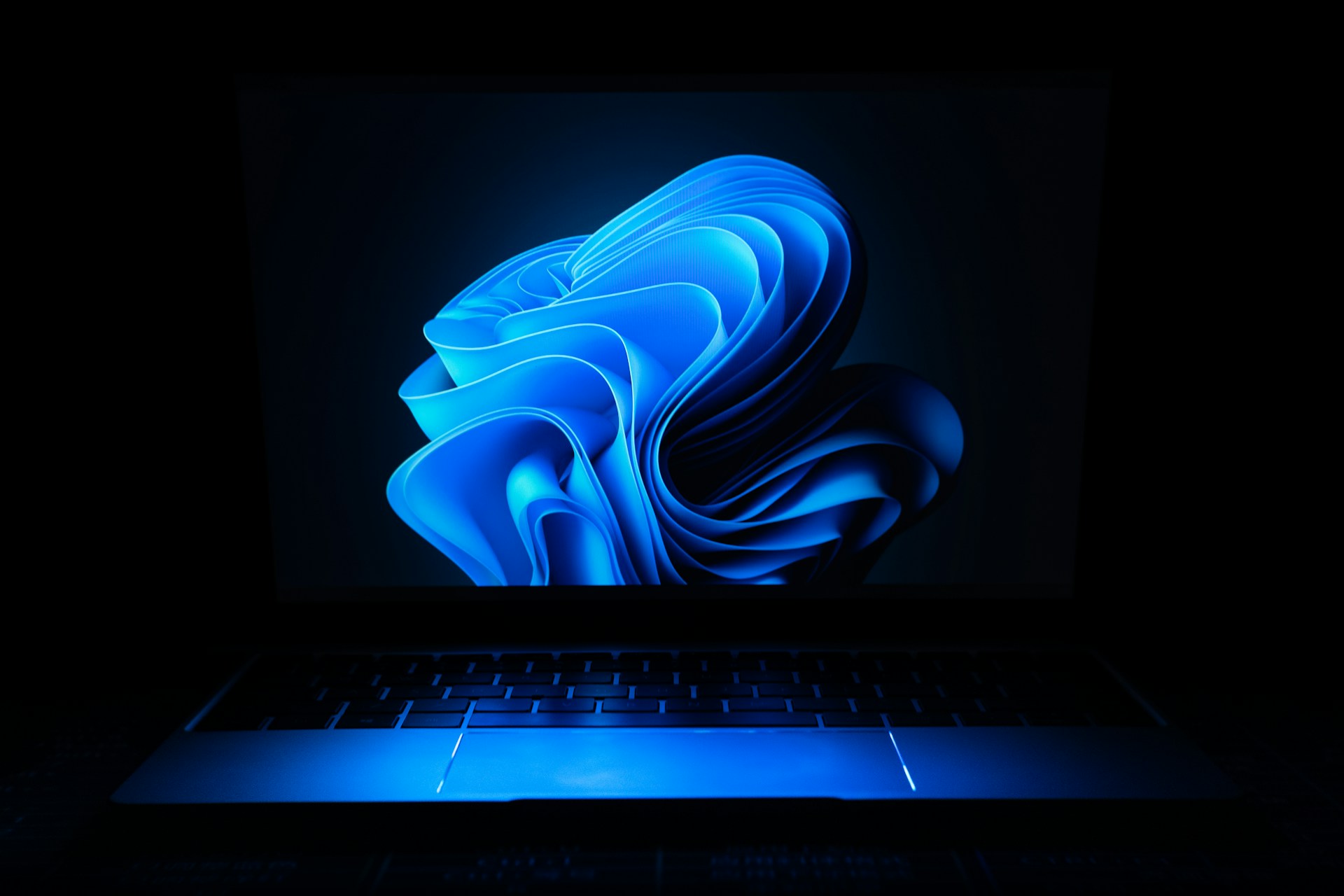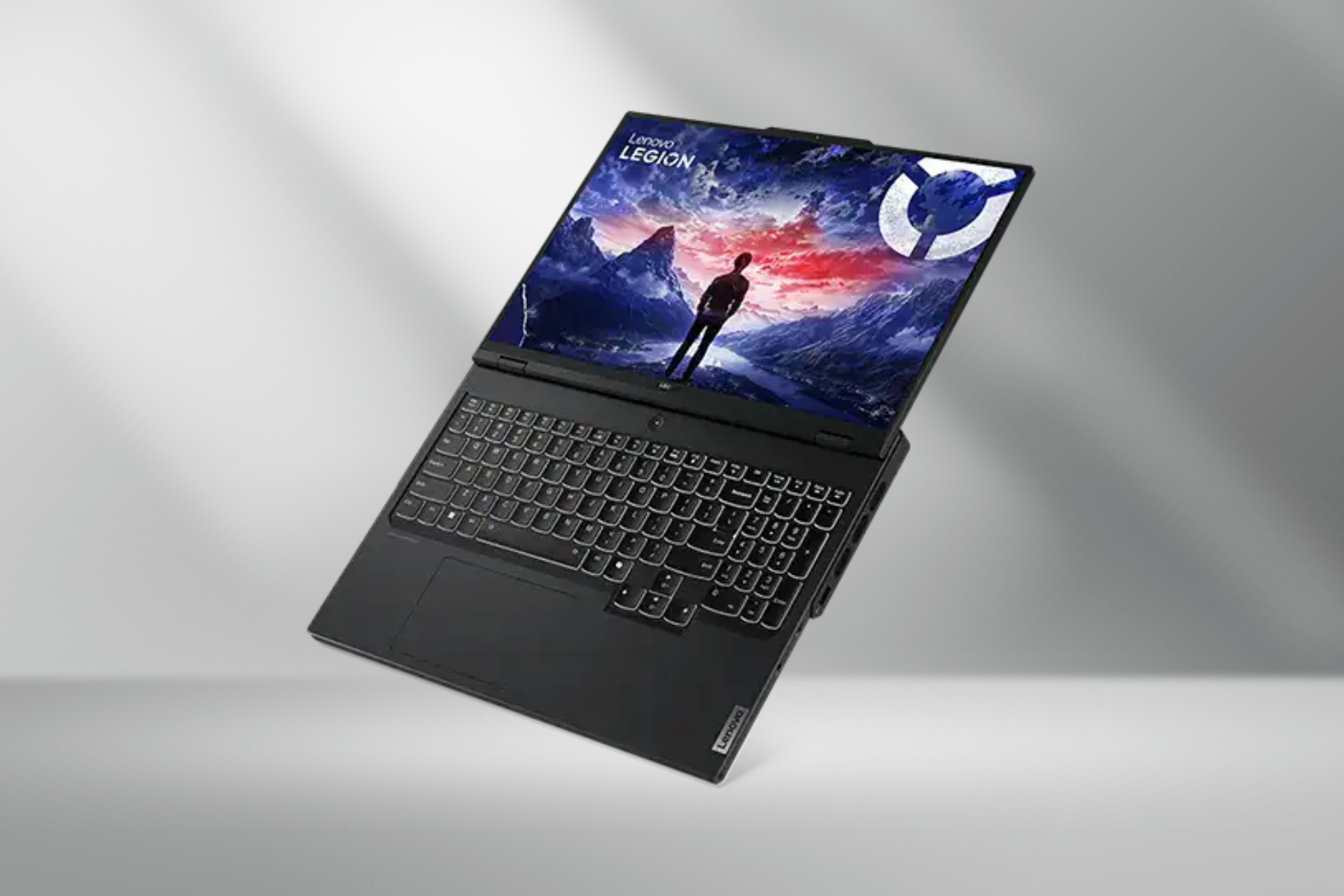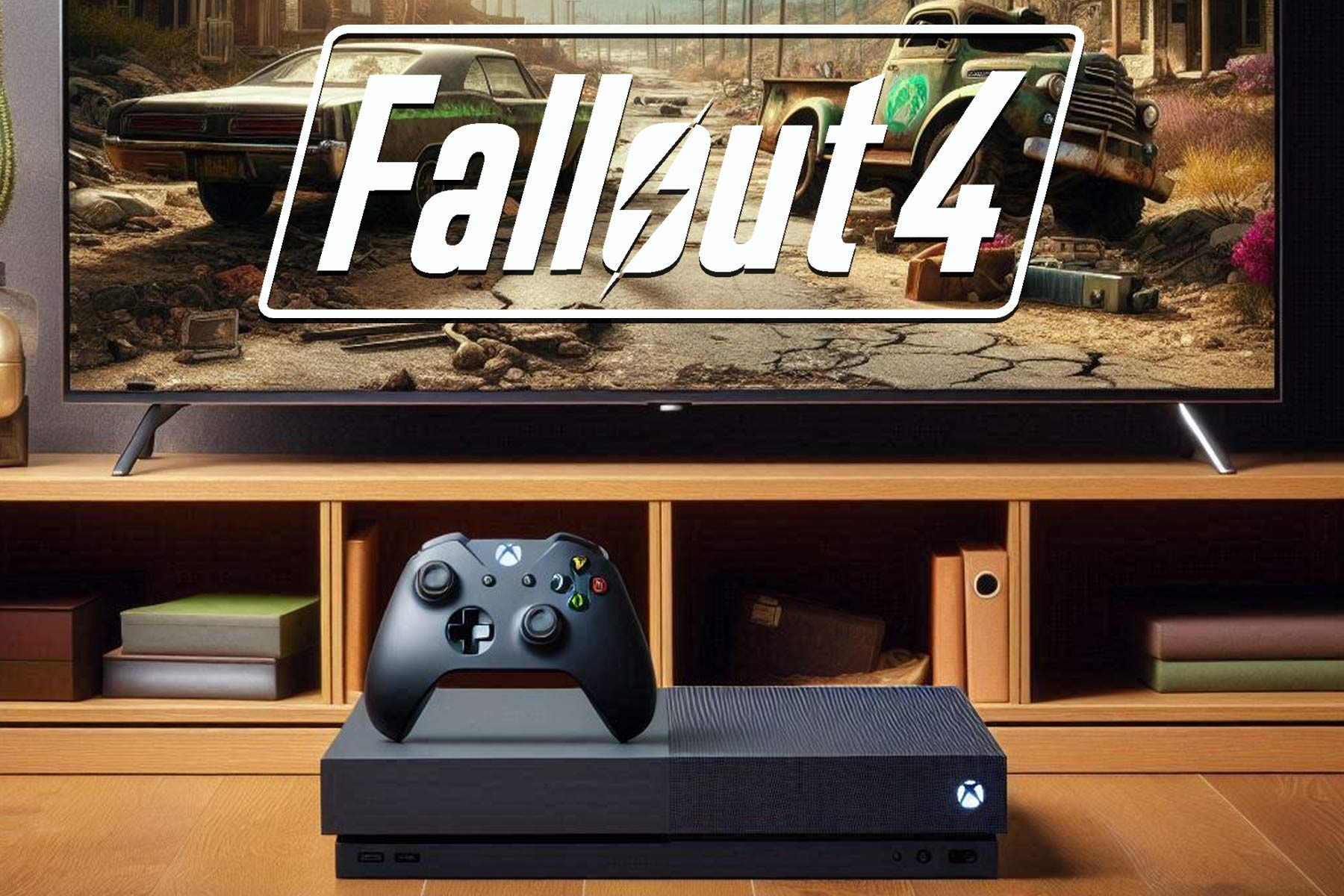Microsoft's focus groups warned of Clippy's 'creepy' factor
4 min. read
Published on
Read our disclosure page to find out how can you help Windows Report sustain the editorial team Read more
In 1996, the luxury of a personal assistant was afforded to two types of individuals, those with money and those with Microsoft Office. Individuals with money experienced the conveniences of a hands-off organized lifestyle that included booked flights and hotels, tailored itineraries, screened calls, appointment notifiers and the occasional niche request fulfilled, among other things. For the other half, there was Microsoft’s personal Office assistant, Clippy. Clippy offered none of the conveniences that were bestowed on individuals that could afford real personal assistants. Instead, Clippy was the anthropomorphic equivalent of a peeping tom that sometimes offered Office users information about the Office software. While Office users typed away, the paper clip with eyes, would sit eerily quiet in whatever corner of the screen users stashed it away in, waiting eagerly to ‘personally assist’ on Office related queries. Had the animated paper clip been actually useful or helpful, users may have forgiven its oddly creepy presence on the screen. However, Clippy was neither helpful or useful to most and eventually its uncannily disturbing nature led to a backlash from Office users.
Apparently, had Microsoft listened to one particular set of individuals, they could have at least addressed one of Clippy’s shortcomings. In a documentary titled ‘Code: Debugging the Gender Gap’ as a report from The Atlantic, we learn that, had Microsoft listened to the feedback of women in their focus groups, Clippy could have been less creepy. According to former Microsoft executive Roz Ho, “Most of the women thought the characters were too male and that they were leering at them. So we’re sitting in a conference room. There’s me, and I think, like, 11 or 12 guys, and we’re going through the results, and they said, ‘I don’t see it. I just don’t know what they’re talking about.’ And I said, ‘Guys, guys, look, I’m a woman, and I’m going to tell you, these animated characters are male-looking.”
Unfortunately, Microsoft ignored the women’s feedback and pushed forward with the leering Office assistant. History has proven, that the females in the focus group were right in their assessment of Clippy. Among the many terms that later embodied Clippy’s presence in Office, irritating, confusing, frustrating and creepy were the most often cited.
The world of personal assistants is expanding. For many, the socioeconomic status having someone else handle their daily affairs is still a sought after goal. However, others are content to use digital tools and assistants to help manage their daily activities. Companies that include Microsoft, Google, Apple, and Amazon, are now attempting to cultivate the ideal, personal assistant experience, digitally.
With twenty plus year of user feedback as well as jokes and ridicule, it seems Microsoft has learned a few things about personal assisting but has the tech industry? While Microsoft’s new personal assistant, Cortana, has been on Windows Phone for some time, in a few weeks, Microsoft will introduce Cortana to a wider audience on the PC. Cortana in its current state is the antithesis to Clippy. Microsoft’s new personal assistant lives outside of a single software experience to offer more contextual information, provides a female presence, and is nothing more than a genderless shape or icon when interacting with a user.
However, some are arguing that while Clippy’s unspoken male gender appearance creeped out women, personal assistants like Cortana and Siri are just a pendulum swing in another direction. Some are arguing that personal assistants like Cortana, Siri, and Alexa (Amazon) are just the latest expression of latent sexism in the tech industry. Much of Cortana’s personality lies in its voice response software that is admittedly female, like Siri or Alexa. With a disproportion amount of males in the tech industry pushing for the use of a female oriented personal assistants, some are arguing that gender mentalities are no different than in the 50’s and 60’s.
The arguments stand on limited merits, as there are only two genders humans tend to identify. Even through modulation, humans will identify and tag a gender to voices. The argument runs into further complications when discussing Cortana, in particular, as much of its ‘assistance’ can be done through text, that renders it genderless for much of its activity, similar to Google Now.
Regardless of where personal digital assistants fall on the argument of sexism, two things are for certain; the current crop of assistants are way more useful, and their anthropomorphic-less forms are far less creepy than Clippy.











